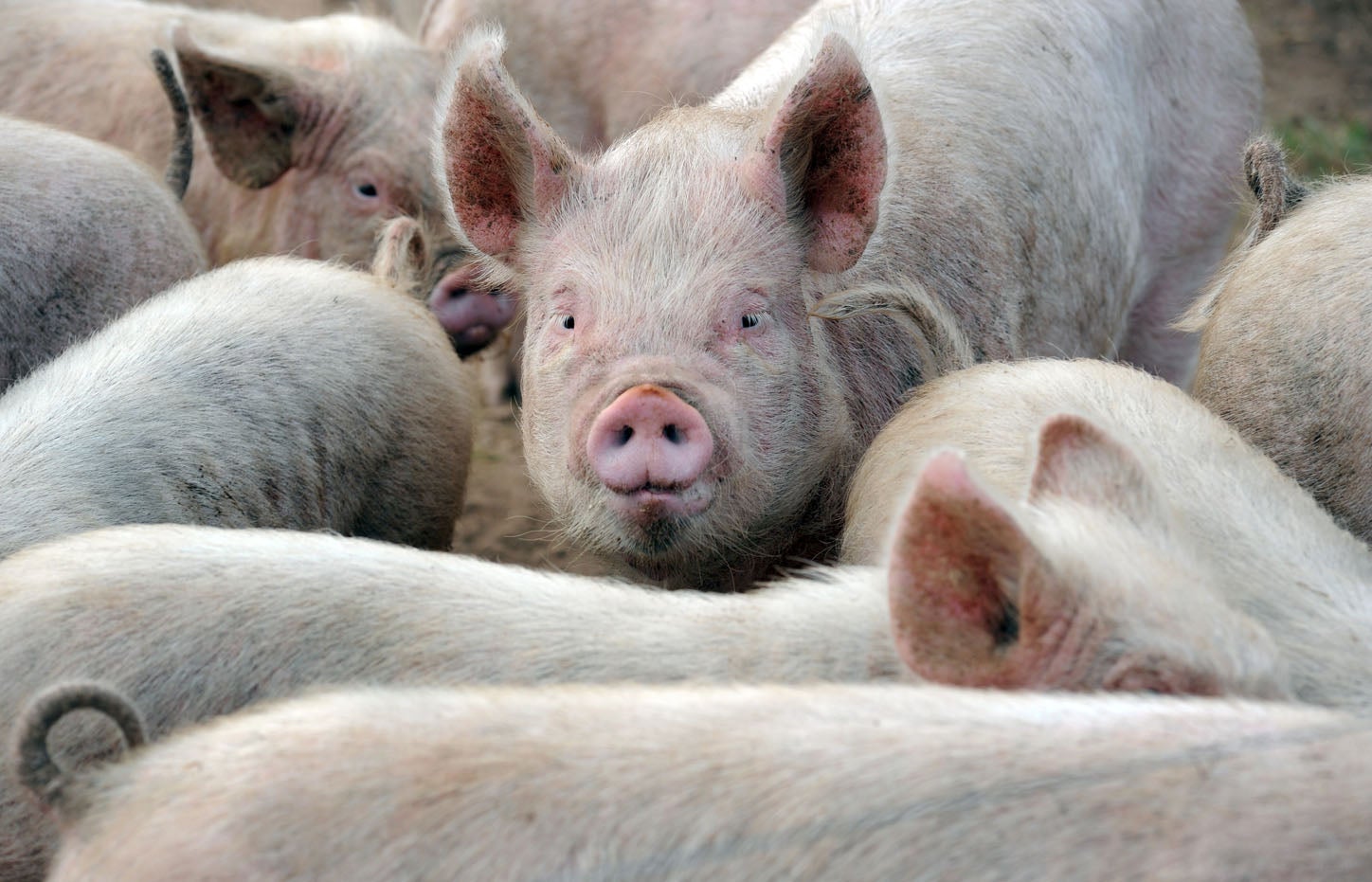Worker exodus after Brexit putting pig farms at threat
‘Desperate’ farmers face mass destruction of animals, industry body warns

An exodus of workers in the wake of Brexit and the Covid pandemic is causing “absolute crisis” in the UK’s pig farms, raising the threat of mass destruction of healthy animals, industry representatives have warned.
Major pork processors are cutting throughput by as much as 25 per cent, meaning a reduction in products reaching shops and pigs being kept on farms for longer than would usually be the case, said the National Pig Association.
More than 100,000 pigs were backed up on farm in the early months of this year due to a combination of Brexit restrictions on exports, pork plant closures due to Covid-19 and the suspension of exports to China from some plants. Pork processing plants have been reporting staffing gaps of 10-16 per cent, even before taking into account absences due to coronavirus.
And producers face higher feed prices and overweight penalties, on top of the logistical and welfare problems caused by the backlog of animals.
NPA chief executive Zoe Davies told BBC Radio 4’s Today programme: “The issue is that because, for whatever reason, a lot of workers have left processing plants and gone home because a lot of them are eastern European.
“The abbatoirs themselves cannot process the number of pigs that we supply them with on a weekly basis.
“So for the last six to eight weeks, all of the major processers have been cutting their kills by up to 25 per cent, which is leading to pigs being kept on farms for far longer than they should be.
“And that is leading to an absolute crisis for us on the pig side.”
Dr Davies explained: “You can’t stop pig production. Pig production is a continuous process. These animals just keep coming.
“Even if we stopped serving sows now - and that means mating them - it will take 10 to 11 months before the pigs stop coming.
“So you’re getting people in increasingly desperate situations. They are getting into debt. They’re getting very stressed out. And we’re now starting to head towards a situation where healthy animals may well need to be destroyed.
“And the problem with that is that it’s really going to put people’s future at risk.”
Dr Davies said that UK farmers were concerned that the result of the crisis will be retailers turning to the EU for a greater proportion of their pork products like bacon, ham and sausages.
“We have the pigs, we have the product and the British public wants to buy British pork,” she said.
“However, if the processers are unable to supply the volumes that are required, the likelihood is that they will start to look elsewhere.”
EU pork is currently trading at about 30 pence a kilo less than UK pork because of reduced exports from Germany to the US, making imports more attractive for retailers, said dR Davies.
“It’s the perfect excuse for UK retailers to ship in much cheaper European pork as opposed to British, which in our view is is not what the British people voted for when they voted for Brexit,” she said.
Join our commenting forum
Join thought-provoking conversations, follow other Independent readers and see their replies
Comments
Bookmark popover
Removed from bookmarks